Making an impact every day
Become a monthly donor and help others have food, voice and a safe place to call home.
We have one goal: building a world where there is enough for all
Our vision is a world where everyone has food, voice and a safe place to call home. We’ve been working to make this a reality for more than 75 years, and we know it’s possible. We’ve welcomed thousands of refugees and other new neighbors into our communities, helped countless families put food on the table and lifted the voices of people who have been left out.
We know that we can always do more together than we can alone. That’s why our work is for everyone. The CWS family stretches around the world and across the lines that divide us as a single force for good. Welcome to the movement. We’re glad you’re here.
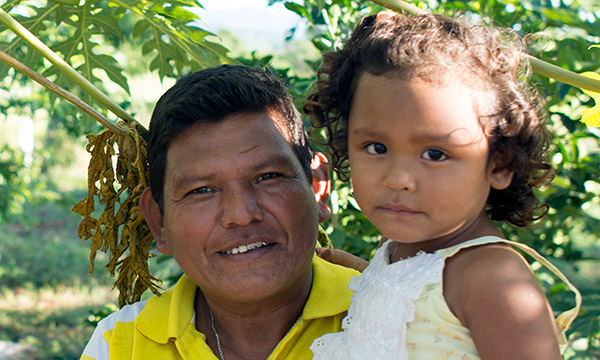
Hunger and Poverty
No child should die from malnutrition, especially when there are long-term solutions ready to take root in each community.

Displacement
More and more families flee home because of climate and violence. But there are fewer places to go. We’re leading the charge in strategy and welcome.
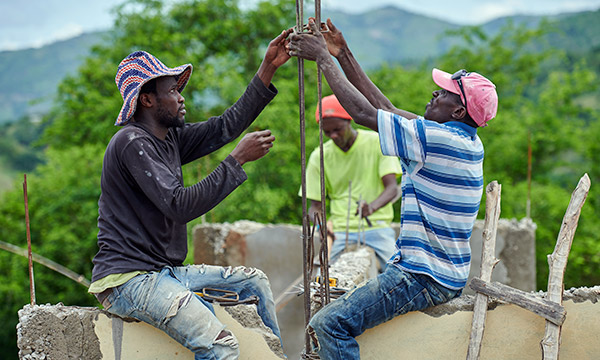
Disaster
Preparation, relief and recovery: our disaster response means committing to communities before – and long after – an emergency hits.
See how your support helps
Latest Updates
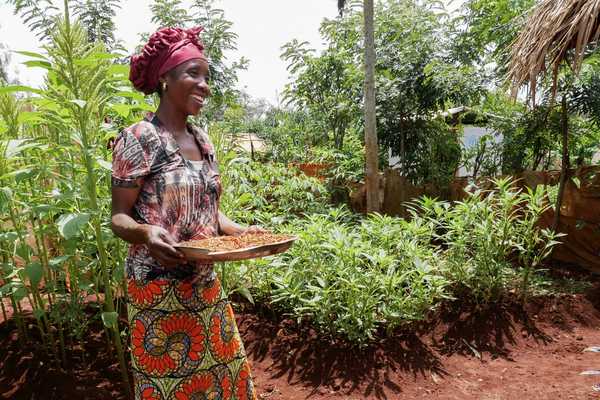
Penda Plants Seeds with Love
When Penda was invited to join CWS’ vegetation program in Nyarugusu refugee camp, her husband was hesitant. But shortly after she started her garden, his perspective and their lives changed for the better.
LEARN MORE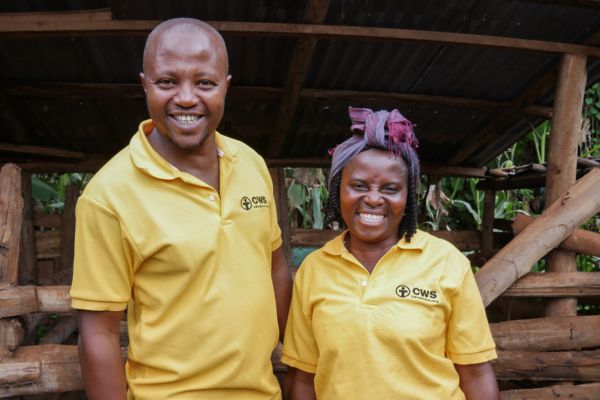
The Heart of CWS Africa
CWS’ Program Communications Specialist, Mariana Gama, reflects on her time in Africa and the leadership, devotion and passion of the incredible CWS Africa team.
LEARN MORE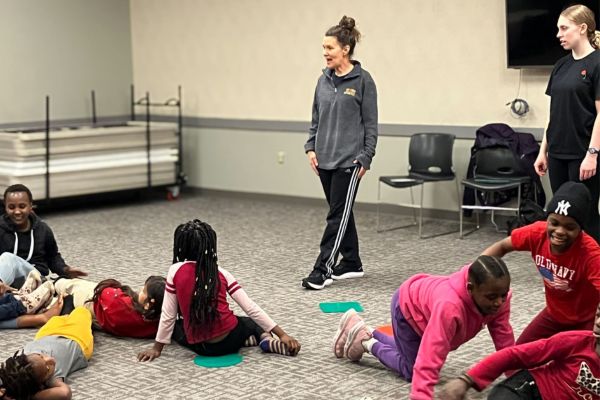
Dancing in the Community
Recently, CWS Harrisonburg became a platform for refugee and immigrant children to express themselves in a new environment, using the universal language of dance.
LEARN MORE